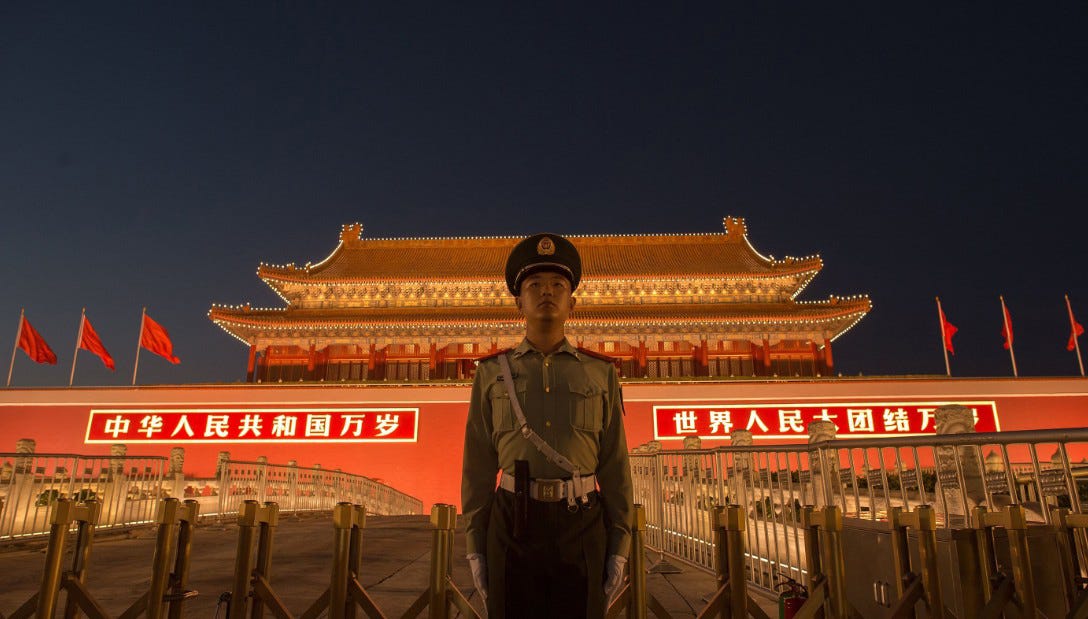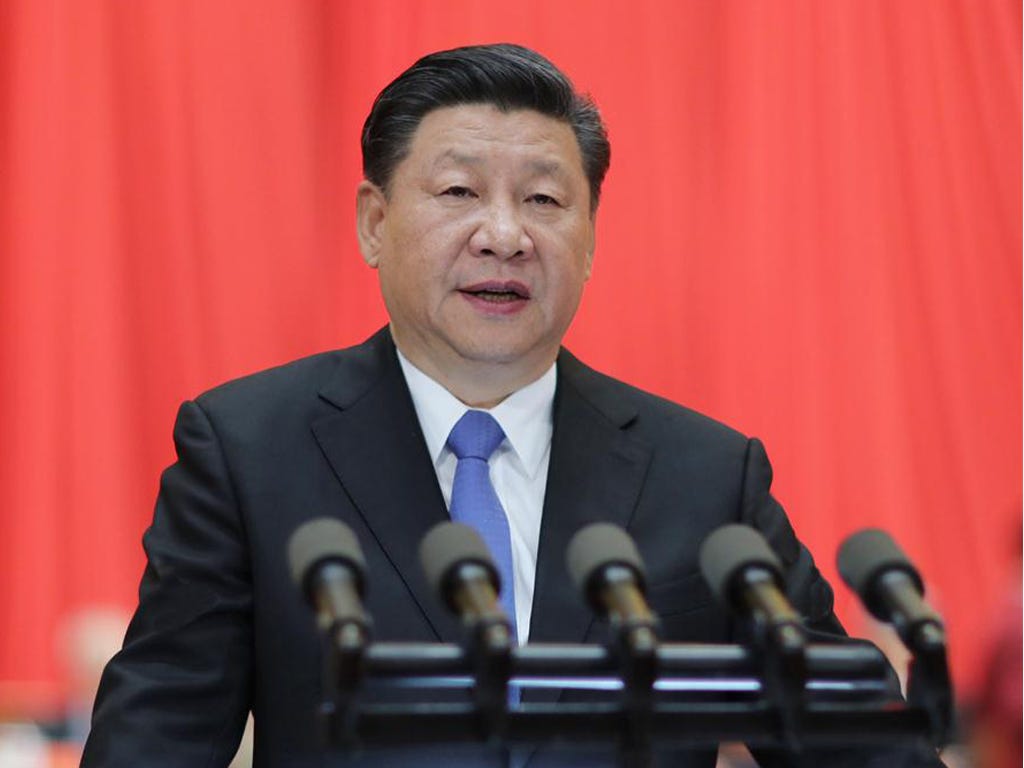China’s Love-Hate Relationship with Crypto
China’s Love-Hate Relationship with Crypto
If you haven’t already realized from my profile picture, I’m ethnically Chinese, Han Chinese, whose ancestors hailed from that great economic engine, the Pearl River Delta. But I was born far south of China, in Singapore to be precise, what my ancestors would have called “The Southern Light” or “Nanyang.” I grew up in the south as well, Daytona Beach, FL. to be precise and have spent half my childhood in the United States and the other half in Singapore. Having lived so many years away from the motherland has given me a unique perspective on what it’s like to be Chinese and more importantly, what it means to do business with the Chinese. But all the “Chineseness” in me could never have predicted the decision by a Chinese court recently to recognize Ethereum as “property.”
Chinese search engine giant Baidu (China’s equivalent of Google), recently picked up a local media news story where a court recognized that an investment of 20 ETH into a Chinese “technology company” could be recognized as property. The investment, presumably into an ICO (initial coin offering), in August 2017, was considered by the Chinese court as property. The investment presumably was initiated before the Chinese blanket ban on ICOs and cryptocurrency exchanges late last year.


The court, in the Haikou district of China’s commercial capital of Shanghai, decided that Ethereum should be protected by law as a general property (translation mine). And while the court conceded that China does not recognize Ethereum as “money” per se, it still needed to be protected under general law as “property.” Without providing examples, the court presumably could have been hinting that Ethereum was a form of “real property,” like a commodity. But before we start attributing Ethereum’s minor price bump (US$233.47 at the time of writing and up approximately 4.81%) to the decision, let’s attempt to understand the psyche of the Chinese government before we go out and start cashing in for bags of Ethereum.
1. We’ve Been Here Before
Let’s not forget that not so long ago, the Chinese authorities declared Ethereum the world’s best blockchain. But that ringing endorsement did not result in any significant uptake in Ethereum trading volume, despite that Ethereum forms the defacto crypto of choice for ICOs.
Yet at the time, many pundits took to characterizing the Chinese endorsement of Ethereum as a precursor to China lifting its ICO ban — that would be the epitome of wishful thinking.


To anyone unfamiliar with China or Chinese history, it may be difficult to understand the motivation behind legislative measures. China and Chinese culture has a legacy of authoritarianism. Perhaps its our deferential attitude towards elders or Confucianism. While many in the West may interpret that to be undemocratic, the reality is far more subtle and nuanced. Democracy, at least for billions of Chinese is what you make of it. For millions of Chinese who were lifted out of poverty, democracy is the freedom to have a good meal, to live in a nice house, things which the developed West may have taken for granted. Democracy may be the freedom to know that crime rate is low, strikes are uncommon and terrorism is far removed.
Against this backdrop, Bitcoin is anathema to this Chinese approach to politics, but perhaps not Ethereum. Unlike Bitcoin, Ethereum’s core developers and founders are well known and widely known. They have demonstrated a willingness to engage and work with the Chinese authorities (just count the number of times Ethereum co-founder Vitalik Buterin has appeared in China and the number of times Twitter’s Jack Dorsey has appeared in China and you’ll get a sense) and China has ultimately rewarded that engagement. Beijing has always prized loyalty over ideology and to that end the anarchist ethos of the cypherpunk movement behind Bitcoin will always remain at odds with Beijing’s interests. Not so Ethereum.
2. So where does that leave us?
Let’s not forget that not too long ago, private property ownership in China was illegal. The thrust and parry of Chairman Mao Zedong’s cultural revolution was to disenfranchise wealthy landowners and members of the bourgeois from their property-ownership and redistribute this back to the people. With the recent court ruling (albeit at a local level), China is taking a bold step forwards. The recognition of Ethereum as “property” is perhaps in many ways far more significant than the recognition of the Ethereum blockchain as being the best in the world. Because it shows that Beijing may be amenable to protecting the legal status of Ethereum, whereas it’s reasonable to believe that Beijing’s approach to Bitcoin may not be as sanguine.


That Ethereum is the protocol of choice for over 90% of all ICOs (which are banned in China) yet has received such tacit acquiescence from Beijing should also be demonstrative. In China, what is not said can sometimes speak far louder than what is said.
To round up, the Haikou court’s recognition of Ethereum as property deserving of protection must be viewed not in isolation, but also in light of the overall attitude of China towards Ethereum, but not necessarily cryptocurrency in general. At its core, the issue is one of control and engagement. As we’ve seen with the re-emergence of Google in China (albeit with some restrictions from Beijing), Beijing has demonstrated a willingness to grant access to its substantial market where effort is made to engage and understand the unique nature of China — to that end, Ethereum (aside from China-created cryptocurrencies such as NEO) have gone a significantly further way than any other crypto. But I wouldn’t be betting the farm on it anytime soon.
